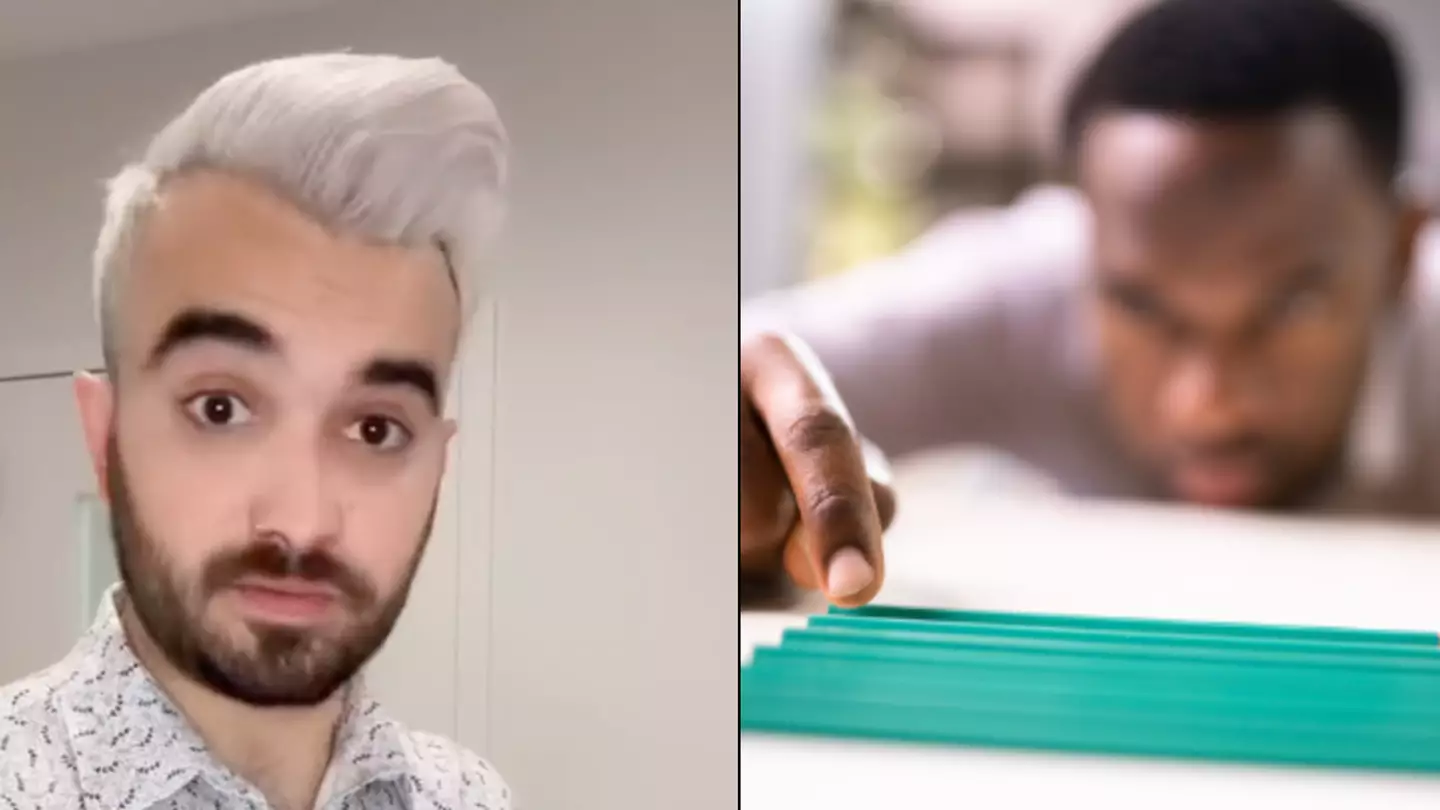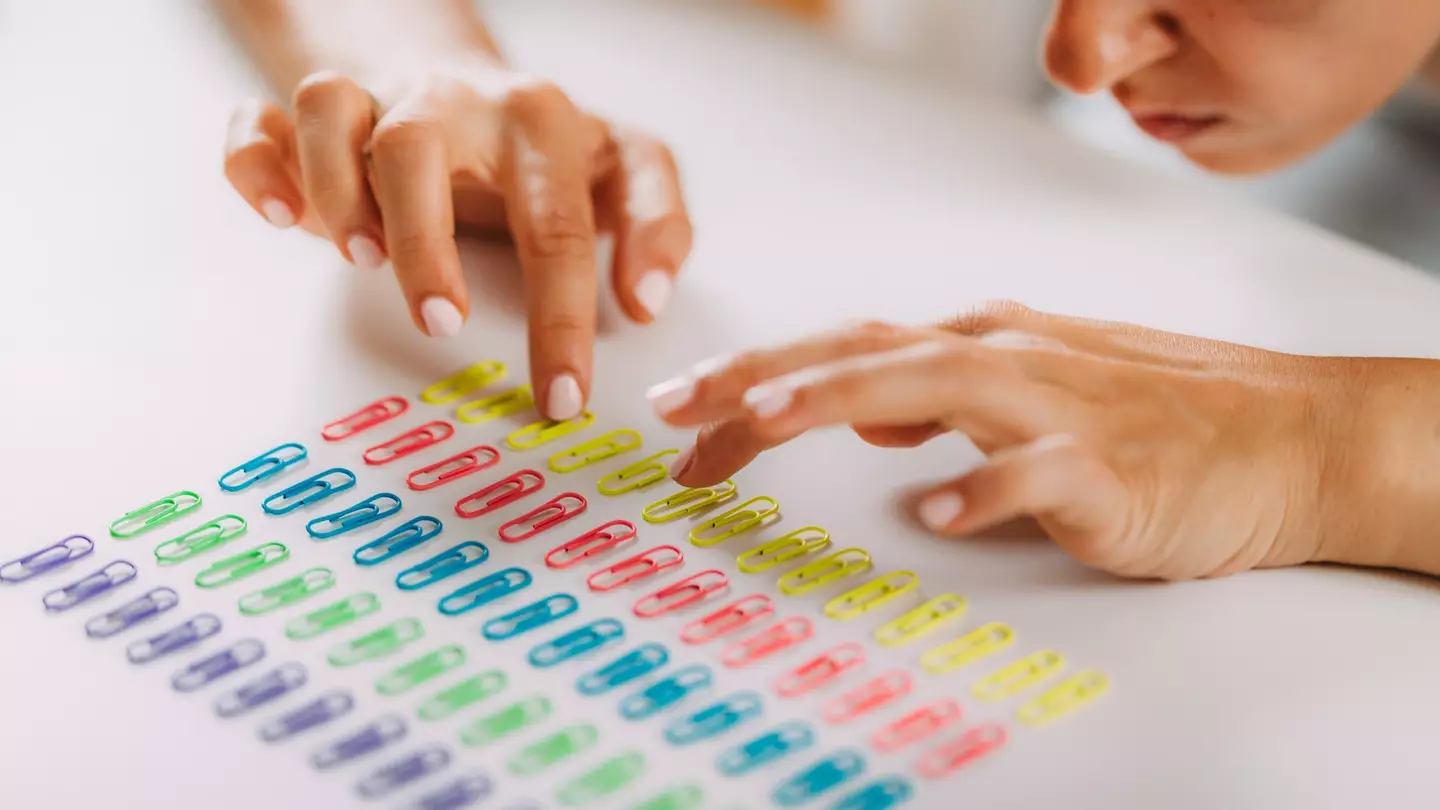
A psychiatrist has revealed the common signs of obsessive compulsive personality disorder (OCPD) and how people may mistake them for OCD (obsessive compulsive disorder).
Dr Gaddi (@dr.gaddi) from Chicago, US, has taken to TikTok to explain why people often get confused with the two conditions.
Both health disorders are similar - yet very different - at the same time.

Advert
OCD is a mental health condition where a person has obsessive thoughts and compulsive behaviours, whereas OCPD is more of a personality disorder that focuses more on perfectionism.
According to OCD UK, obsessive compulsive disorder is considered an anxiety disorder, while obsessive compulsive personality disorder is instead a personality disorder - though the charity notes it is possible that the two conditions can co-exist.
"You DON'T have OCD, you have OCPD (obsessive compulsive personality disorder)," Dr Gaddi begins in his video before outlying eight signs of OCPD.
Very organised
People who are 'very focused on organisation, rules, order, lists and schedules' will generally have OCPD.
Advert
If 'colour coordination is your passion' then this is probably you.
Struggle to 'delegate work'
Those who struggle with the idea of 'delegating work' because they want everything done in their way and will often refuse to adopt another method could also have the disorder.
Striving for perfection
Those with OCPD will strive for perfection in everything they do - but, according to a 2023 study, that rigid perfectionism can lead to things being missed, such as deadlines.
Advert
Dr Gaddi writes: "Perfection doesn't exist... but you will try."

Productivity as a priority
Working hard and being 'productive' will always be a priority above everything else.
Saving money
You're saving money for a rainy day, which is probably a good thing in today's climate.
Advert
But saving just for the sake of it could be a sign.
Overvaluing your 'ethics and morality'
Dr Gaddi says your 'values, ethics and morality' will also take over in every situation.
Unable to discard certain items
Similar to hoarding, the psychiatrist warns that if you find it 'difficult to discard worthless objects (with no sentimental value)', then it could be an indicator of OCPD.
Being described as 'stubborn'
Lastly, if others may describe you as 'rigid' or 'stubborn', then Dr Gaddi thinks you could be suffering with the condition.
Advert
Expanding on the differences, Dr Gaddi added: "OCPD is personality disorder. Obsessions and compulsions are not necessarily present and the person may be just fine with their personality traits."
With regards to possible treatments, the doctor said: "Psychotherapy is very important for both."
OCD UK note: "It’s not easy to treat OCPD, even when the person is prepared to seek help, but if the person is willing to seek and accept help, then treatment can be effective.
"It has been suggested that sometimes those with OCPD may respond better to treatment because of rigid adherence to therapy tasks set by the therapist.
"The treatments for OCPD are very similar to those for OCD, with the treatment found to be the most effective being a talking therapy called Cognitive Behavioural Therapy (CBT).
"Some people find they also need the additional support of medications."
Topics: Mental Health, Health, TikTok